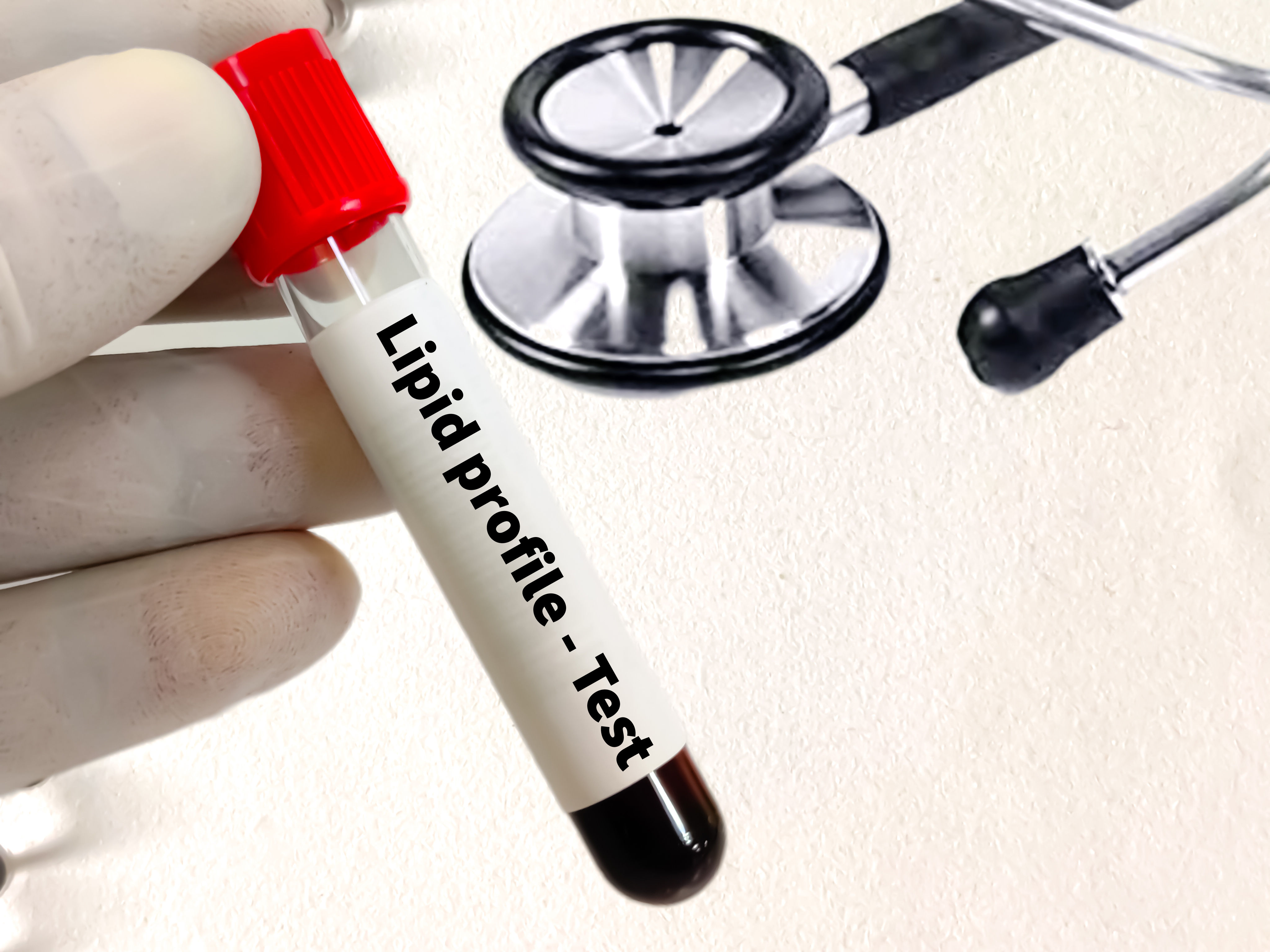General Health
Unexplained Weakness? Why Your Doctor Might Recommend an MCV Blood Test
6 min read
By Apollo 24|7, Published on - 26 May 2025
Share this article
0
0 like
_0.jpg?tr=q-80)
Feeling unusually weak despite getting enough rest and maintaining a balanced diet can be worrying. Persistent fatigue may be a sign of underlying health issues, such as anaemia, vitamin deficiencies, or chronic diseases. To pinpoint the cause, doctors often rely on a thorough evaluation, and one essential diagnostic tool is the mean corpuscular volume (MCV) blood test.
As part of a complete blood count (CBC), the MCV test measures the average size of your red blood cells, providing crucial information about how well your body is transporting oxygen and maintaining energy levels. In this article, we’ll explore the significance of the MCV test, why it’s often recommended for those with unexplained weakness, and how interpreting the results can help guide further medical investigations and treatment options.
What Is an MCV Blood Test and What Does It Measure?
The mean corpuscular volume (MCV) test is a crucial part of a complete blood count (CBC), helping doctors understand the average size of your red blood cells. Since these cells are responsible for carrying oxygen throughout your body, any changes in their size can provide important clues about your overall health.
Doctors use MCV results alongside other blood parameters to:
- To Diagnose Anaemia: If your MCV is outside the normal range, it can point to different types of anaemia. A low MCV may suggest iron-deficiency anaemia, while a high MCV could indicate a vitamin B12 or folate deficiency. In both cases, your red blood cells aren’t functioning properly to deliver oxygen to your tissues.
- To Spot Nutritional Deficiencies: Your MCV levels can reveal if you’re lacking essential nutrients like iron, vitamin B12, or folate, vital for making healthy red blood cells. These deficiencies can cause symptoms like fatigue and weakness, and the MCV test helps uncover them.
- To Detect Liver Disease: Liver conditions such as cirrhosis or hepatitis can interfere with red blood cell production, which might show up as abnormal MCV levels. Catching these changes early helps doctors manage liver disease more effectively.
- To Check for Bone Marrow Issues: Your bone marrow produces red blood cells, and if it’s not working right, it can affect your MCV. Conditions like leukaemia or myelodysplastic syndromes can cause abnormalities in red blood cell size, which the MCV test can detect.
- To Monitor Chronic Diseases: Long-term conditions, like kidney disease or inflammatory disorders, can also impact how your body produces red blood cells. Tracking MCV levels over time helps doctors understand how these ongoing issues are affecting your blood and adjust treatment if needed.
How to Prepare for an MCV Test?
Preparing for the MCV blood test is relatively simple. The test requires a blood sample, so there are just a few things to keep in mind to ensure accurate results:
- Fasting: Typically, fasting is not required for an MCV test, but some healthcare providers may request fasting if the test is part of a broader panel. Always follow your doctor's instructions.
- Medications: Inform your doctor of any medications, especially those that can affect red blood cell production, such as chemotherapy drugs or certain vitamins and supplements.
- Hydration: Staying hydrated can make it easier for the technician to draw blood. Be sure to drink plenty of water in the hours leading up to the test.
- Avoid Alcohol: If possible, avoid alcohol for at least 24 hours before the test, as it can influence red blood cell counts and size.
- Comfortable Clothing: Wear clothing with sleeves that can be easily rolled up for the blood draw.
What Happens During the MCV Blood Test?
Here's what you can expect during the test:
- Cleaning the Site: A technician will clean the skin on your arm with an antiseptic to reduce the risk of infection.
- Blood Draw: A small needle is inserted into a vein in your arm to collect a blood sample. The needle may cause mild discomfort, but it is typically quick.
- Stopping the Bleeding: After the blood is collected, the technician will apply pressure to the site to stop any bleeding and place a bandage over the area.
- Lab Analysis: The blood sample is sent to a laboratory, where technicians will measure the size of your red blood cells.
Interpreting Your MCV Blood Test Results
Your MCV result is reported in femtoliters (fL), a unit that measures the volume of each red blood cell. The results help your doctor assess whether your red blood cells are the appropriate size.
Below is a summary of normal and abnormal MCV values and what they may suggest:
These results are interpreted in conjunction with other parts of the CBC, such as haemoglobin, hematocrit, and red cell distribution width (RDW), for a fuller picture of your blood health.
What to Do If Your MCV Levels Are Abnormal
If your MCV test shows abnormal results, your doctor may recommend further testing to determine the underlying cause. Depending on the diagnosis, treatment options may vary:
- Iron deficiency anaemia: Treatment may involve iron supplements and dietary changes.
- Vitamin B12 or folate deficiency: Supplementation with B12 or folic acid may be recommended.
- Chronic disease: Addressing the underlying condition, such as managing an autoimmune disorder, may help normalise MCV levels.
- Thalassemia or other genetic conditions: These may require specialised treatment and monitoring.
In some cases, lifestyle changes, such as dietary adjustments or reducing alcohol intake, may be necessary.
Have more questions?
Conclusion
The MCV blood test is an essential diagnostic tool that can help uncover underlying health issues, particularly those related to anaemia or nutrient deficiencies. If you're experiencing unexplained weakness, fatigue, or other related symptoms, the MCV test may offer valuable insights into what's going on in your body.
While an abnormal MCV result can be concerning, it’s important to remember that many causes are treatable with the right interventions. If your MCV test results are outside the normal range, your doctor will work with you to determine the most appropriate course of action to manage your condition. Early diagnosis and targeted treatment can improve symptoms and help restore your quality of life.
General Health
Frequently Asked Questions
What is MCV in blood test?
What is MCV in blood test?
What is the purpose of MCV blood test?
What is the purpose of MCV blood test?
What does an MCV blood test high result mean?
What does an MCV blood test high result mean?
What does an MCV blood test low result mean?
What does an MCV blood test low result mean?
How is the MCV blood test interpreted with other lab results?
How is the MCV blood test interpreted with other lab results?
Leave Comment
Recommended for you

General Health
What Blood Tests Should You Take for Allergic Rashes? A Complete Guide for Children and Young Adults
Worried about your child's allergic rash? Discover the essential blood tests for children and young adults with allergic rashes in this comprehensive guide. Learn what tests to ask for, what they reveal, and how to get an accurate diagnosis for effective treatment.

General Health
10 Most Googled Questions On Thyroid Answered By An Apollo Expert
The thyroid gland is responsible for metabolism, growth, and several other important functions. Read to know how abnormal functioning of this gland can affect your overall well-being.

General Health
Lipid Profile Test - Normal Range, Purpose, Procedure And Results
Understand the Lipid Profile Test: Learn about its purpose in assessing heart health risk (cholesterol & triglycerides), the simple procedure, normal range interpretations, and what high or low levels mean.
Subscribe
Sign up for our free Health Library Daily Newsletter
Get doctor-approved health tips, news, and more.
Visual Stories

Plant-based Foods That Are a Great Source of Iron
Tap to continue exploring
Recommended for you

General Health
What Blood Tests Should You Take for Allergic Rashes? A Complete Guide for Children and Young Adults
Worried about your child's allergic rash? Discover the essential blood tests for children and young adults with allergic rashes in this comprehensive guide. Learn what tests to ask for, what they reveal, and how to get an accurate diagnosis for effective treatment.

General Health
10 Most Googled Questions On Thyroid Answered By An Apollo Expert
The thyroid gland is responsible for metabolism, growth, and several other important functions. Read to know how abnormal functioning of this gland can affect your overall well-being.

General Health
Lipid Profile Test - Normal Range, Purpose, Procedure And Results
Understand the Lipid Profile Test: Learn about its purpose in assessing heart health risk (cholesterol & triglycerides), the simple procedure, normal range interpretations, and what high or low levels mean.